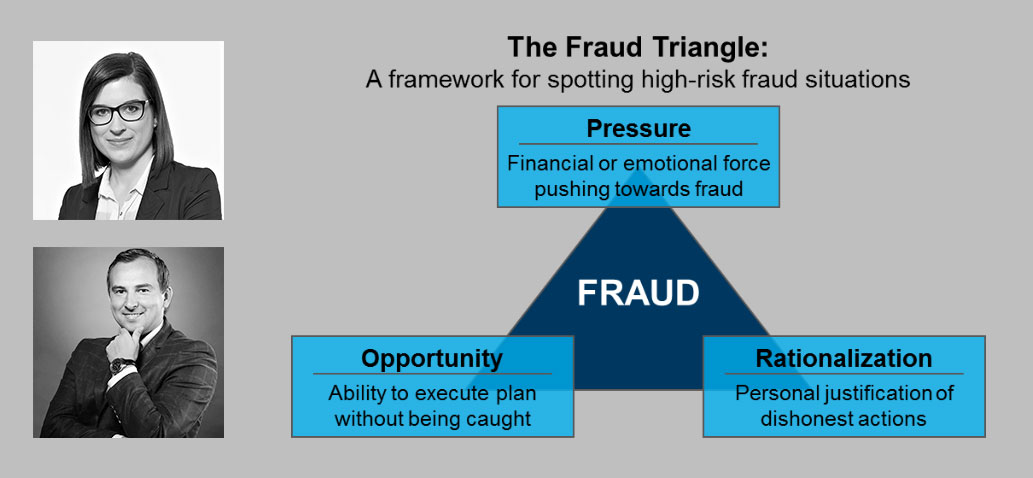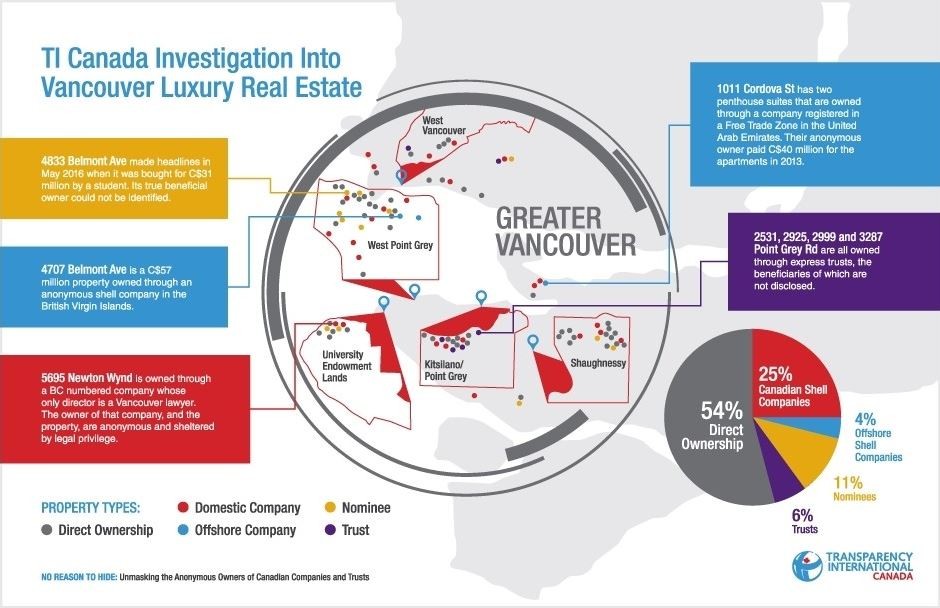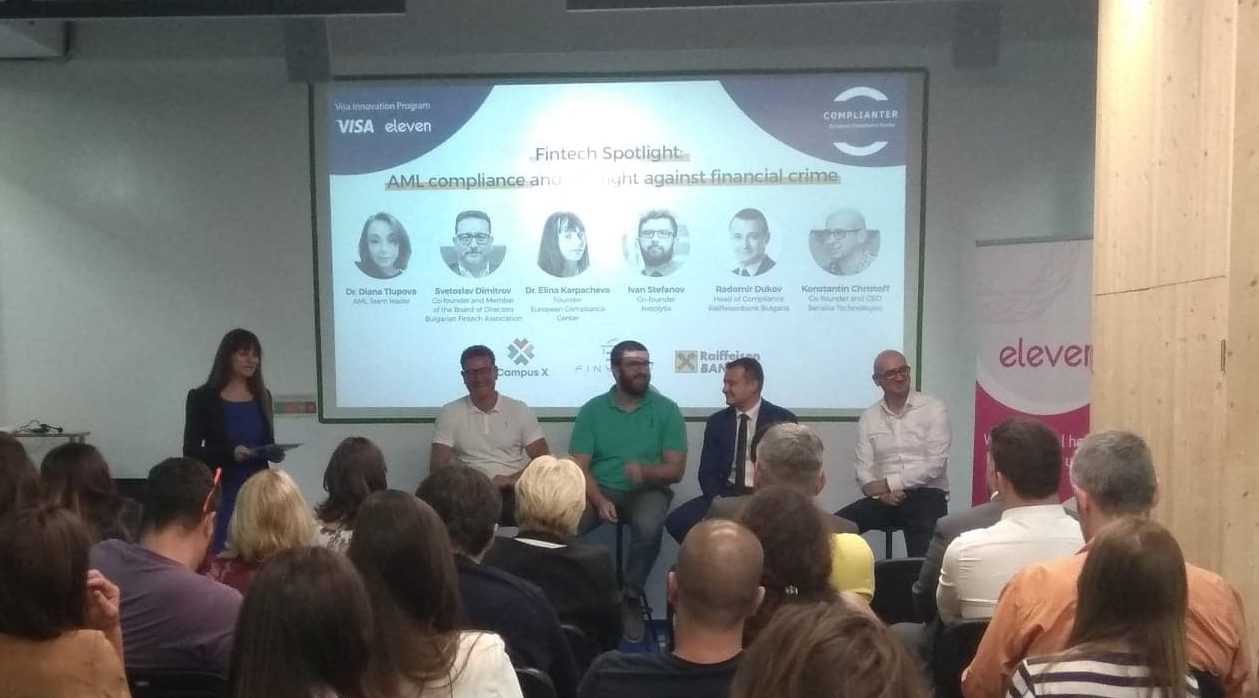Recent research conducted by the Financial Conduct Authority (FCA) has revealed that approximately 2.6 million consumers in the UK have purchased cryptoassets at some point in time. This essentially marks an increase of 1.1 million since the FCA carried out a survey face to face on the same topic in 2019. Among the 1.9 million UK consumers that still have cryptoassets in their possession, such as Ripple, Ether, or Bitcoins, about half of them hold more than £260. This research conducted by the FCA is a part of its work with the Government and Bank of England in attempting to comprehend market size, profiles of consumers and what their attitudes are towards cryptoassets. Continue reading…
Gone are the days when organisations could simply promise a speak up culture. Today, fostering a culture of trust, integrity, and a positive work environment…
Download whitepaper









